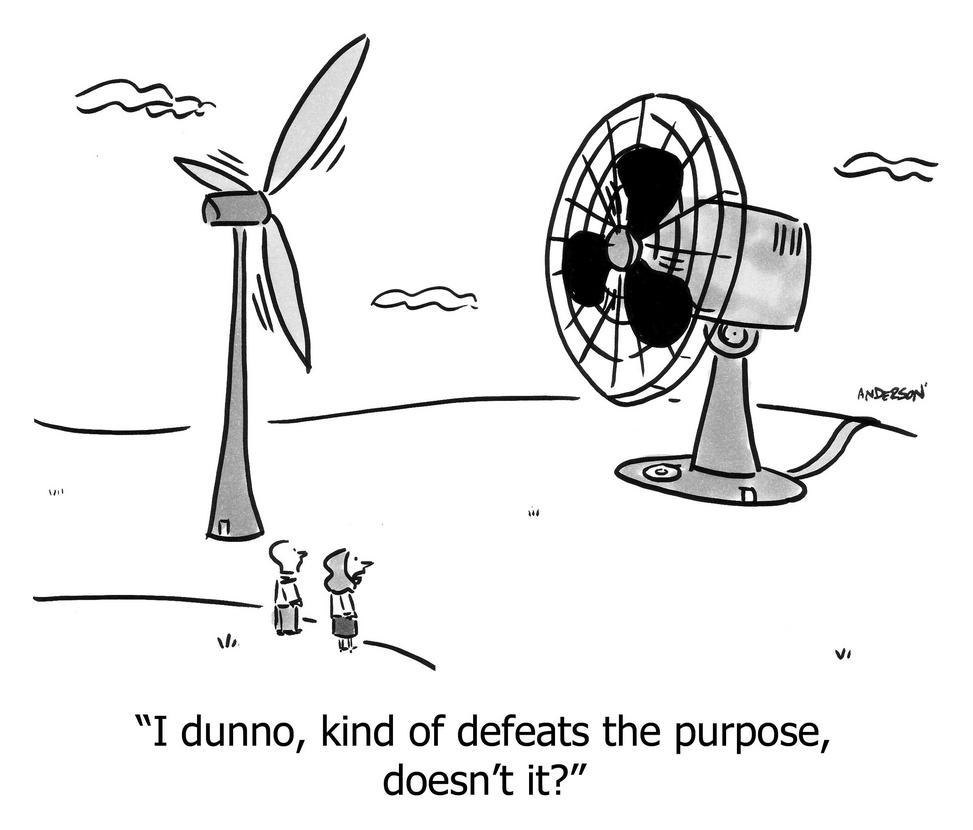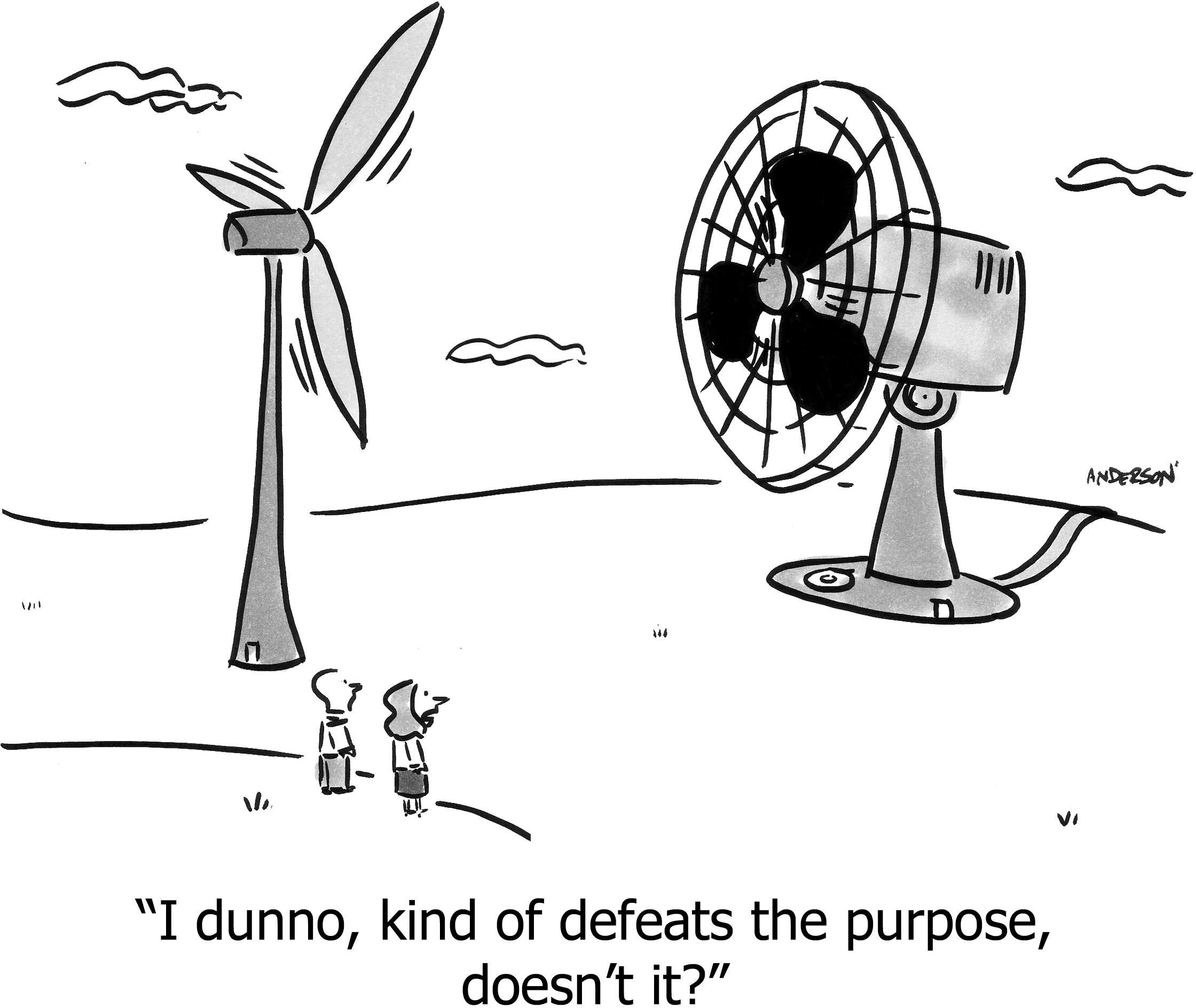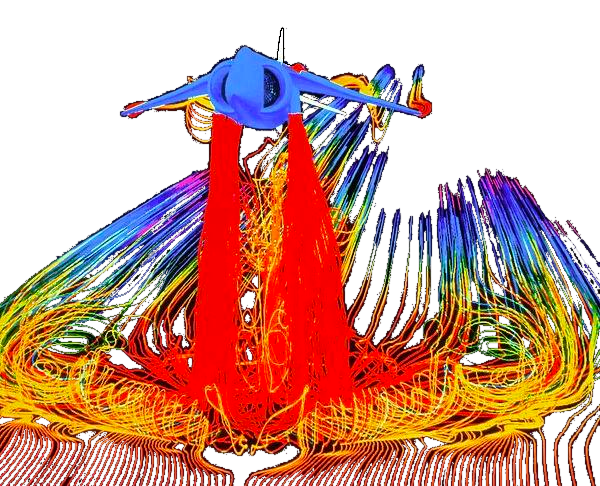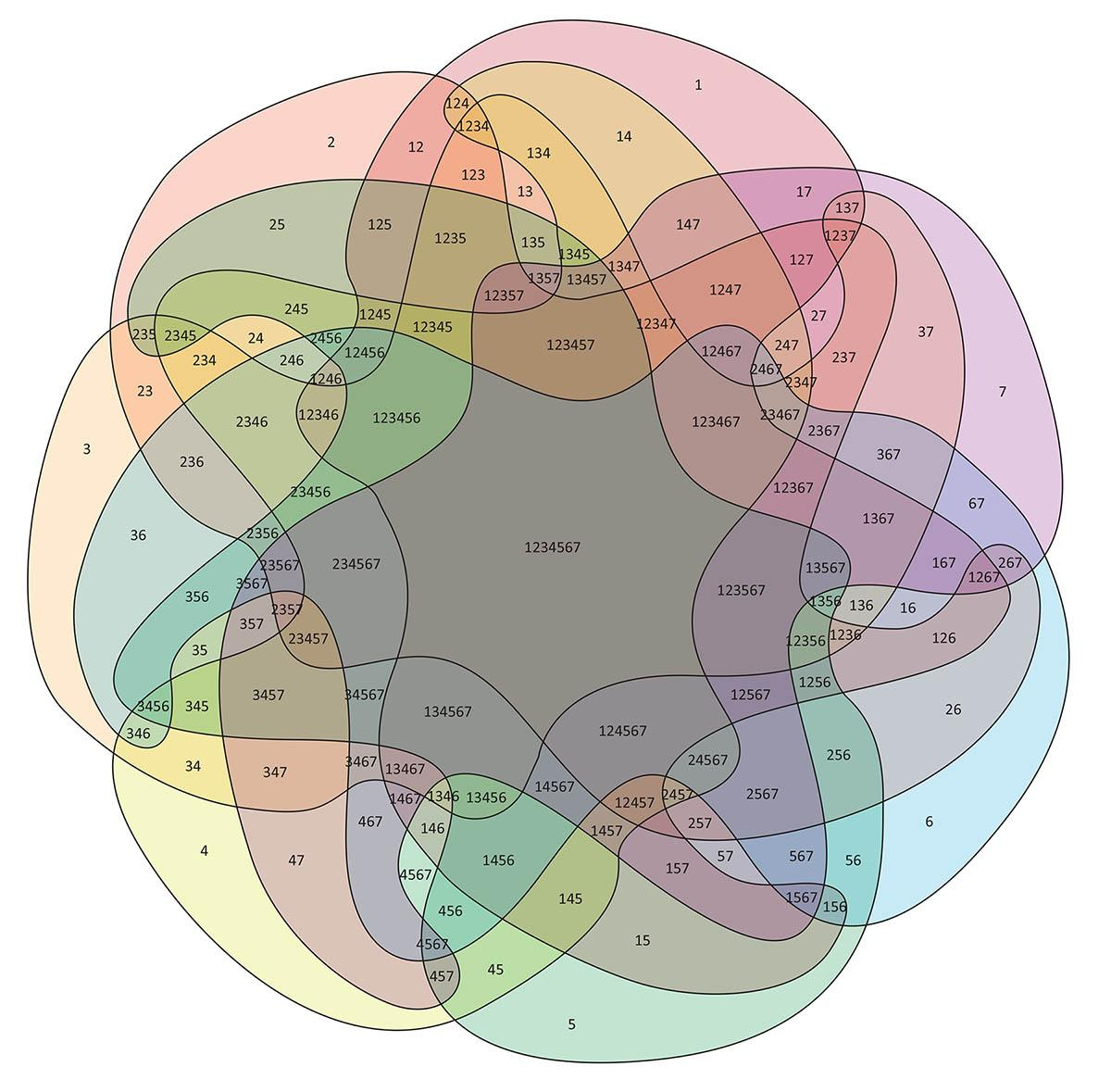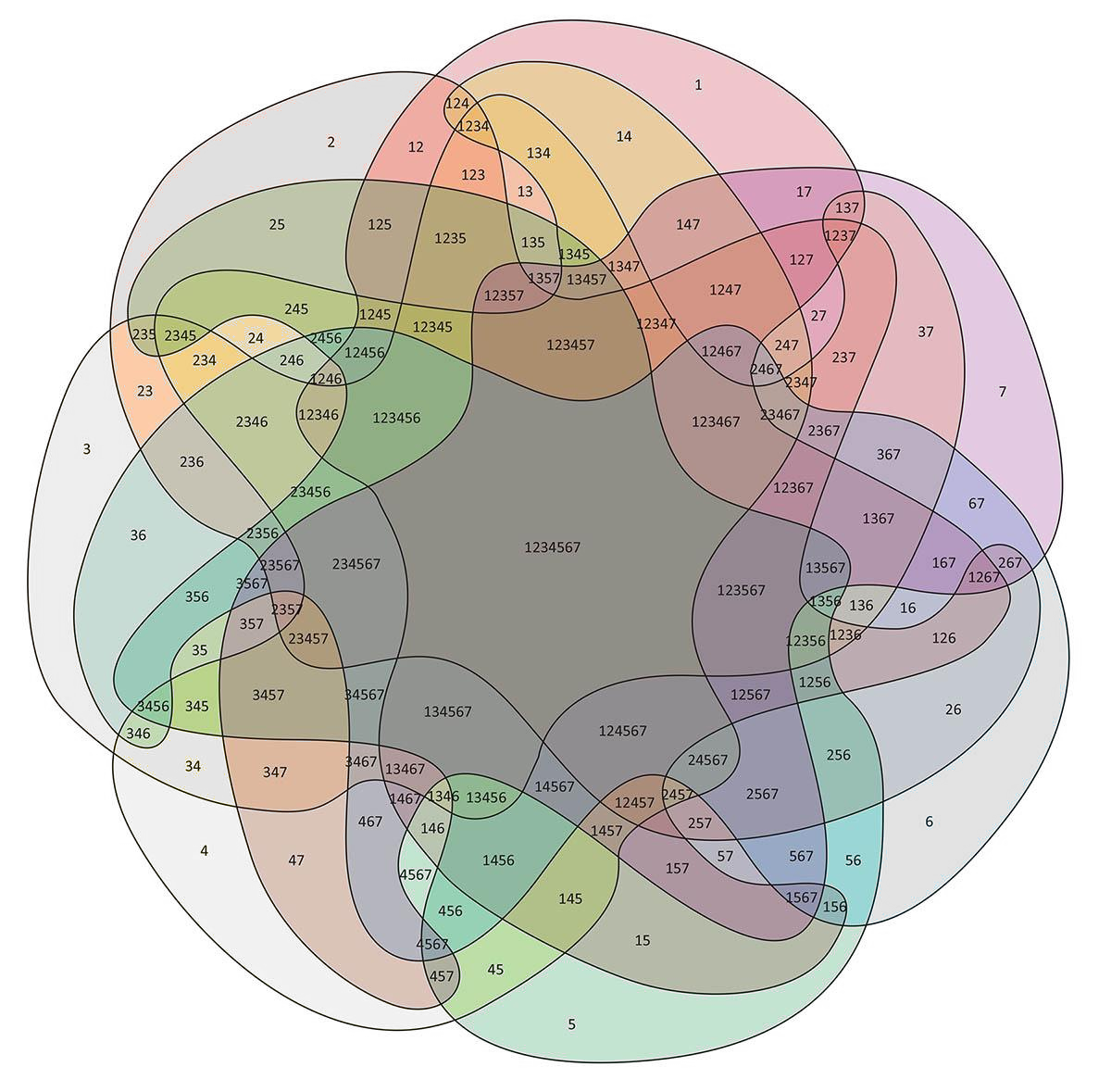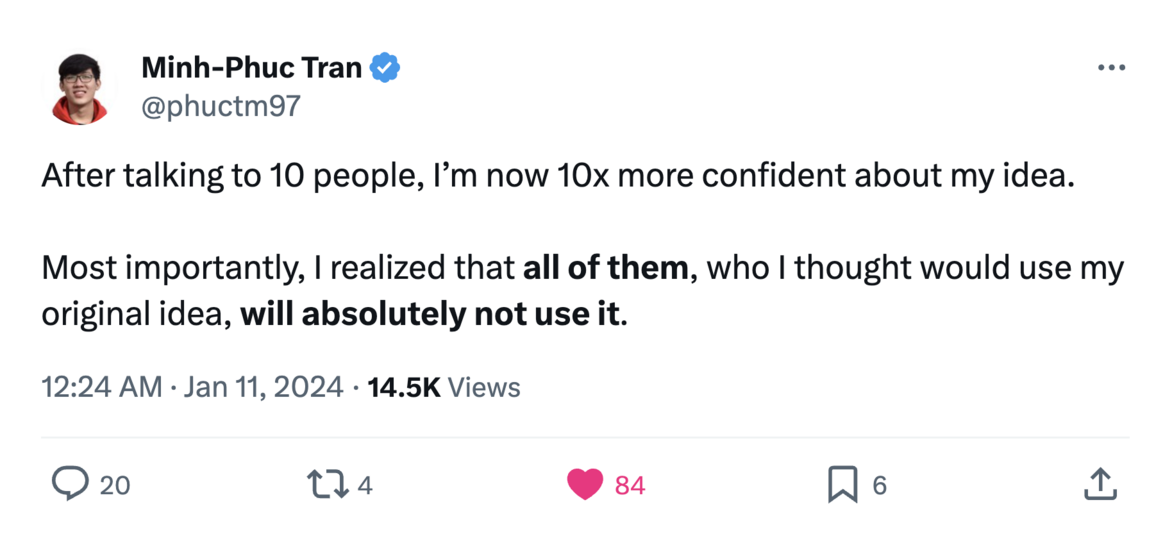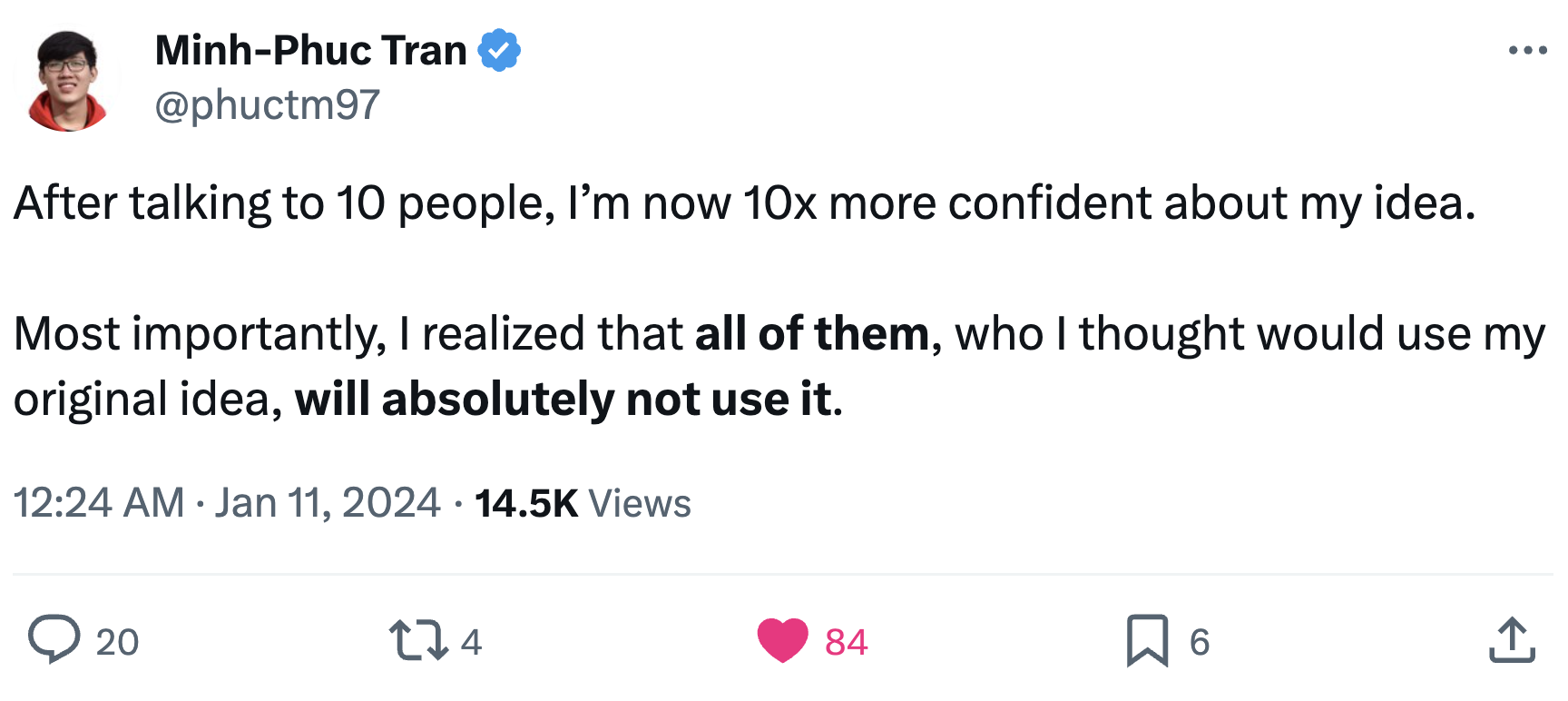The “Convergent” theory of finding truth in darkness
How do you know if your startup idea is a good one? Even after twenty systematic customer interviews? So often, people say nice things to your face, but really they’re not buying.
How do you know when to give up and try a different idea?
The usual answers: It’s a balance. Trust your gut. But your gut is wrong so trust data. But you don’t have data so trust your gut. Don’t give up just because it’s hard. If it’s hard it’s not a good fit. Don’t listen to the haters. Haters have something to teach us.
Follow the formula. The formula says there’s no one formula. The formula is to ask “the right” questions. The formula doesn’t know what to do with the answers. Everyone is a unique snowflake. “It depends.”
Until recently I haven’t had a good way to explain my idea of the answer. But recently I was rereading Richard Feynman’s Lectures on Physics and, in one of those brief flashes of comprehension that comes when your mind is active yet wandering, I stumbled across my explanation.
Fluid dynamics are famously complex and incalculable. Consider the drag forces on this Harrier jet (Figure 1)—swirling currents pulling it backward as it crashes through the air, sluicing through curved surfaces, jarred by every seam and rivet, twisting and colliding with itself. It’s so chaotic, even modern simulators can’t model it perfectly, so we resort to wind tunnels, where we ask the universe to just tell us the answer.
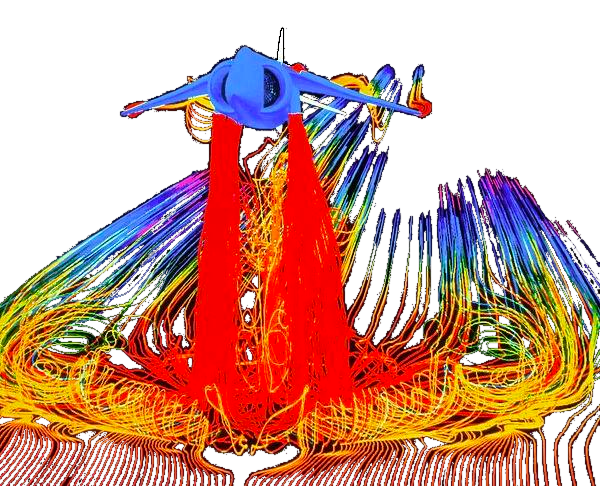
Figure 1: Airflow around a Harrier jet
Given this complexity and chaos, it is astounding that the force of drag on an airplane can be approximated as being simply proportional to the square of its velocity. That is:
How could such a simple formula summarize such a fantastically complex process?
Humans love this sort of thing—emergent simplicity from complex chaos. There’s beauty in its brevity and power in its utility. We love it so much, the urge is in constant overdrive, and we see patterns and meaning even when there are none.
We’re tempted, therefore, to call a “law”—a rule by which a mere human brain can get a handle on a phenomenon too complex for the fastest supercomputers.
But it turns out it’s not a law at all. It’s not power, it’s a tenuous coincidence, and not one of great utility.
How do we know this?
Because as soon as we try to understand similar situations using this law, it breaks down. If the airplane is flying slowly, it becomes completely inaccurate. If the airplane flies very fast it’s wrong again. If we make small perturbations on the wing, the constant can change dramatically. If you physically remove one of the wings, that changes the drag on the remaining wing.
There are forces inside and outside the aircraft, hidden to a casual observer, uncaptured by simple formulas.
Where is all this in our simple “law?” Nowhere. If we step outside our little safe space, the law crumbles. It’s not a fundamental law, because it does not predict what happens in novel situations.
Contrast this to another so-called law—Conservation of Energy—which states that the total energy of a closed system remains constant over time. So if a ball falls in a gravitational field, it loses potential energy (height) while gaining kinetic energy (speed), such that the total energy never changes.
Is this a true “law?” How can we tell?
We can make a complex series of ramps inside a vacuum, starting a ball at different heights and positions and letting it roll down and up and around, measuring the velocity the whole time. We find that the ball’s speed everywhere exactly ensures the two energies remain equal, regardless of the configuration of the ramp. This feels powerful—in arbitrary configurations, the law accurately predicts the result.

With a real ball and a real ramp, friction slows the ball, thereby reducing total energy and therefore a violation of the law! Ah, but we realize that “heat” is also energy—something we can measure and convert into other forms of energy—and when we measure the increase in heat in our ball-and-ramp experiment we find that the energy due to heat exactly replaces the energy lost as the ball slows, and again our law is proven correct. In fact, our law predicts how much heat, and we find exactly that amount, so now the law has just predicted the existence of new kinds of energy, and did so with accuracy, which is even more impressive!
Then from other experiments we learn that matter is in fact composed of gargantuan quantities of tiny objects (molecules, atoms), moving and colliding and vibrating. That suggests a different definition of heat itself—that it’s not a “new” form of energy at all, but rather the total kinetic energy from jiggling particles! Under this hypothesis we can make definite predictions about how much energy heat contains, how heat and particle density and pressure would change in a gas under various conditions, and so on, all on the sole basis that energy must be conserved, and in fact all those predictions are again accurate.
Even in the modern era with Relativity bending and weaving time and space, and Quantum Mechanics so strange that Feynman himself said that no one really understands it, still the conservation of energy has always been found to be perfectly correct.
With the drag-force equation, the deeper we dug the more we discovered that the “law” doesn’t encompass much truth; with Conservation of Energy, the closer we look the more powerful the law becomes, the more applications we have for it, the more accurate predictions it makes, and that is the characteristic of a bona fide Fundamental Law of the Universe.
Truth in startups converges or diverges in the same way.
Specifically, before I validated the ideas behind WP Engine, I validated another idea for a startup. The key thing to notice is that during my customer development, everyone said “That’s a great idea, you should do it!”
Everyone.
Except, as I dug in with each person, the “truth” started diverging. One said I should target enterprises, charging $1000/mo and selling through consultants. One said I should make it freemium and figure out how to make money converting 5% to $5/mo. Another said charge a minimum of $50/mo to cut out the moochers who email support but don’t pay for stuff. Another said the small-to-mid-sized business market is the untapped niche. One said I should use it to measure online ads and forget about measuring leads; the next said I should use it to feed leads into Salesforce and forget about measuring online ads; the next said I should use it to reveal general marketing efficacy and not try to close leads.
Like the airplane law, I had discovered something intriguing, even exciting, but not something fundamental, not something with clear steps forward, not a Venn Diagram of ideas creating a large, dark area filled with perfect customers, but rather a blotchy Venn Diagram with twenty lobes of dissonance and no discernible center:
Figure 2: Branko Grünbaum’s 7-color Venn diagram, with regions for every combination.
But my experience vetting WP Engine was convergent. The more people I spoke with, the more agreement there was over the pain they had, whether my solution was an acceptable, and the amount they were willing to spend. $50/mo to make a WordPress site fast, scalable, secure, and when tech support answers the phone, they should be knowledgeable about WordPress. Kick in a staging area and backups and it’s a done deal. Thirty of forty people agreed to sign up during their interview. (Twenty of the thirty later did, and we launched with a total of thirty customers. More of the story is here.)
I had found the startup equivalent of a fundamental law—not an immutable physical law of course but something that behaves like truth—where multiple areas of inquisition lead to a common destination instead of leading to different planets.
Of course there’ll be no rubric to determine whether an idea is tenable or whether the situation is so bleak that you should give up. But in my experience this feeling of convergence or divergence is very strong if you’re being introspective and honest with yourself.
Your hardest battle is indeed with yourself, as you’re constantly tempted to bias the evidence in the most convenient direction (validation), and your fear of figuring out that your pet idea, while undeniably cool, is not a business, in that other people are not going to give you money for it.
Just remember how expensive it is to remain ignorant. You will meet the same, bitter end, only after a significantly larger investment in time, money, heart, and reputation.
https://longform.asmartbear.com/good-startup-ideas/
© 2007-2026 Jason Cohen
 @asmartbear
@asmartbear ePub (Kindle)
ePub (Kindle)
 Printable PDF
Printable PDF
